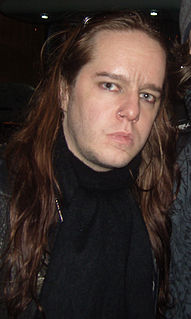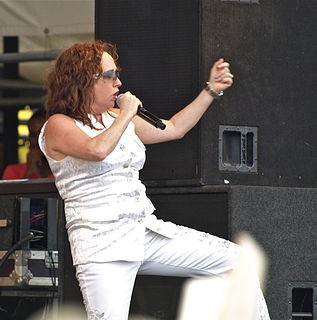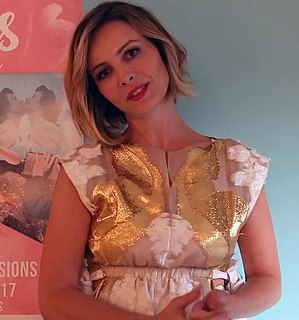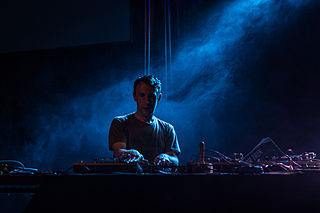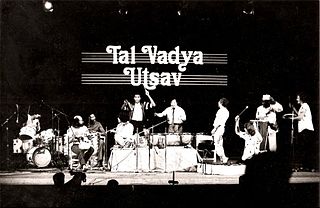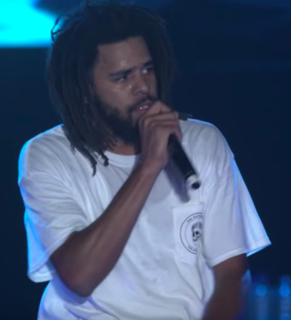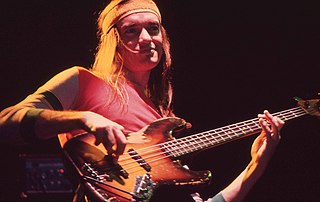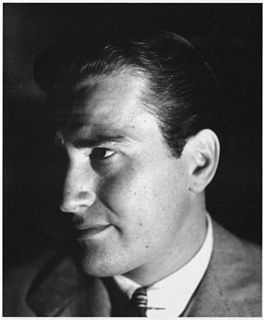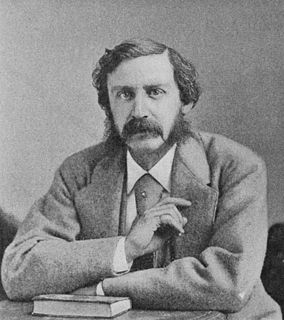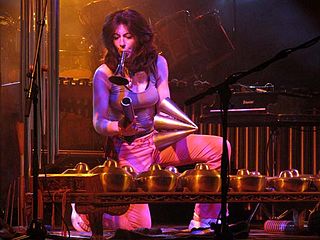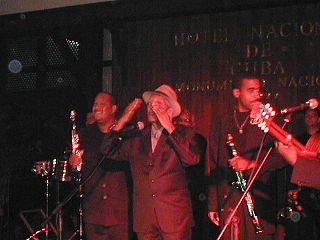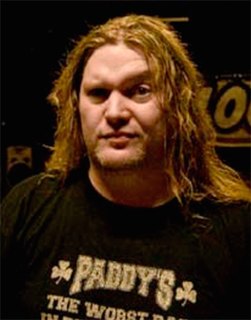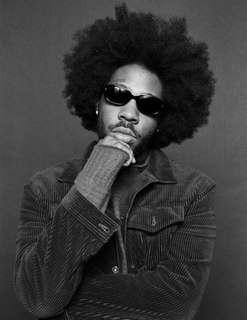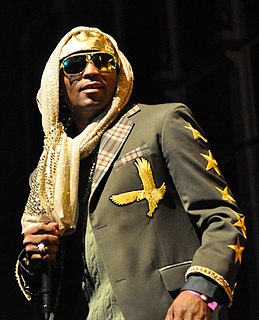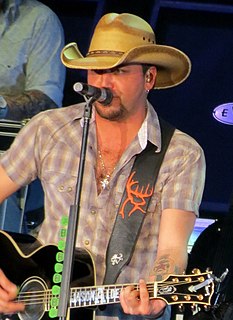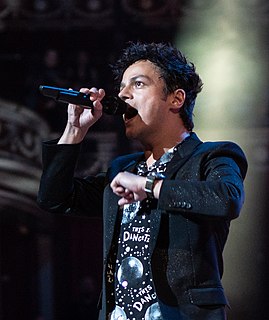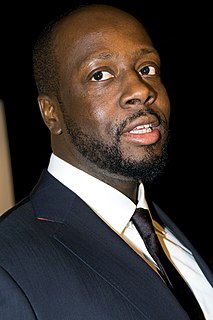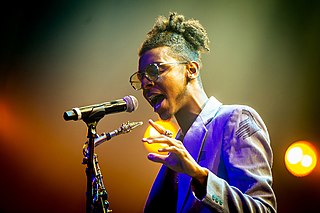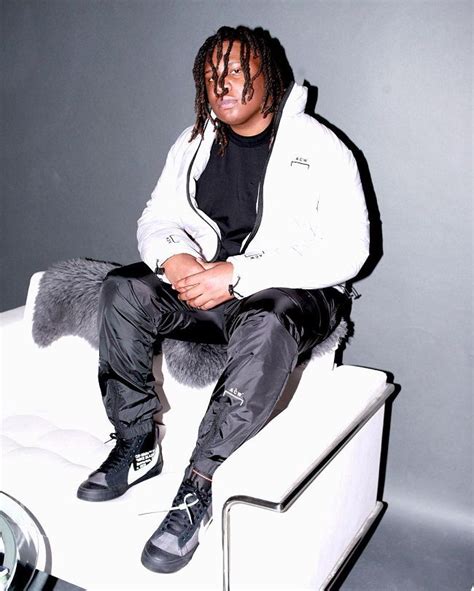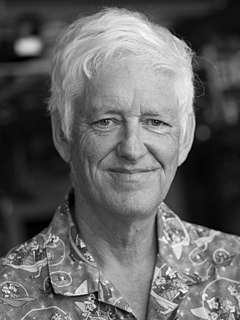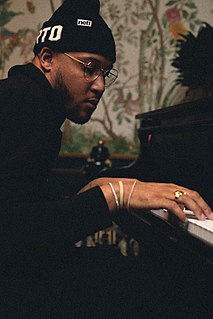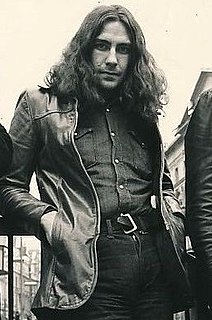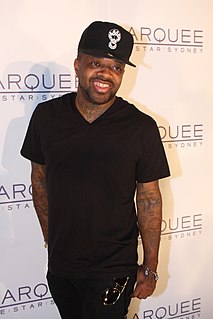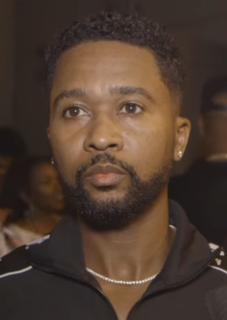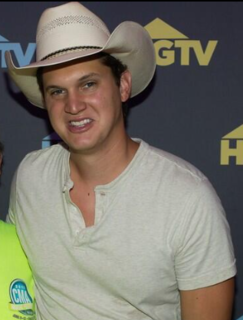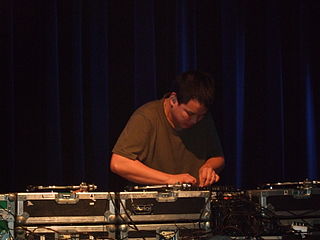Top 1200 Drum Beats Quotes & Sayings - Page 2
Explore popular Drum Beats quotes.
Last updated on December 18, 2024.
Thus when a barber and a collier fight, The barber beats the luckless collier-white; The dusty collier heaves his ponderous sack, And big with vengeance beats the barber-black. In comes the brick-dust man, with grime o'erspread, And beats the collier and the barber-red: Black, red, and white in various clouds are tost, And in the dust they raise the combatants are lost.
I hadn't had that much time practicing behind the drum kit. I've spent an inordinate amount of time listening to and programming drum parts, but it's completely different. One of the beautiful things about using a sampler is since you are so detached from traditional technique, you're forced to have a macro perspective of the project. With an instrument, it's the opposite. With drums specifically, there's nothing that provides more instant gratification and nothing that's funner to play.
The evocative power of the drum can be compared to the Trinity. The drum's frame comes from the trunk of a tree, and that tree has a spirit. It is not dead wood. There is also spirit in the animal skin. If there wasn't, it would not produce sound. Those, plus the spirit of the person playing become an irresistible force.
And then there came the pounding of another drum, as if another giant were coming yards behind him, and each giant, intent on his own drum, gave no notice to the rhythm of the other. The sound grew louder and louder until it seemed to fill not just my hearing but all my senses, to be throbbing in my lips and fingers, in the flesh of my temples, in my veins.
That's the clarinet I used to use... but it's just a piece of wood, you know, with holes in it and they put these clumsy keys on it and you're supposed to try to take that and manipulate it with throat muscles and chops... and try to make something happen that never happened before. And when you do, you never forget it. It beats sex, it beats anything.
I started playing instruments before I started making beats, and I was never the best guitarist or the best pianist or the best drummer. And when I started making beats, I was not the best beatmaker, and when I started making hooks, I was not the best vocal melody person. When I first started rapping, I wasn't the best rapper at all.
Woody Weatherman showed me two beats, the "do do dat, do do dat" rock beat and the "ooh at ooh at ooh at" punk beat and other than that I was pretty limited. I had just gotten a drum kit for Christmas, which I was stoked about so I was ready to go. Back then, the prerequisite for playing punk rock drums wasn't very high, it was really pretty generic as I'm sure you can imagine.
When I was a kid, we went to St. Augustine, Fla., and I was lying on the couch one night with a Q-tip, cleaning my ear out after I'd taken a shower. I hit my arm on something, jabbed the Q-tip through my ear drum, busted my ear drum and couldn't get back in the water the rest of the time we were there.
At the beginning when you're writing and building the beats of the story, everything that you put in there seems very essential to the story. However, when you have the movie finally edited and it's 4 four hours long, you realise that some of the events and some of the beats can be easily lifted but the essence of the story remains intact.
I wept when the muse Ulla bent over me. Blinded by tears I could not prevent her from kissing me, I could not prevent the Muse from giving me that terrible kiss. All of you who have ever been kissed by the Muse will surely understand that Oskar, once branded by that kiss, was condemned to take back the drum he had rejected years before, the drum he had buried in the sand of Sapse Cemetery.
Rhythms, beats, etc., are fundamentally central to my creative drive: my first instrument was the drums, nearly every band I have been involved in or at the helm of, is driven by rhythm, my band is driven entirely by rhythm, machine rhythm, and the purpose of the rock instrumentation is literally to speak the beats, to emulate the rhythms with guitars and bass, with very little articulation, and without being 'progressive'.
When I first starting making beats, I didn't know samples were being used in any beats. I had no idea where producers were getting the real string sounds or the voices on their tracks. I knew nothing about loops or sampling off of records. So, by me knowing nothing about this it made me concentrate on my chords on the keyboard.
I think we know this much about Donald Trump so far: He believes he's a deal-maker. He likes to bargain. Part of bargaining is that you talk really tough. You ask for the moon, you settle for the topsoil. He says - he beats up on the Mexicans, he beats up on the Canadians, but the point is not to abrogate the treaty and have the two of us basically putting up walls and blocking trucks at the border.
Learn punctuation; it is your little drum set, one of the few tools oyu have to signal the reader where the beats and emphases go. (If you get it wrong, any least thing, the editor will throw your manuscript out.) Punctuation is not like musical notation; it doesn't indicate the length of pauses, but instead signifies logical relations. There are all sorts of people out there who know these things very well. You have to be among them even to begin.
I think women assess time passage much better than men - because of their biological clocks - and they are much more realistic about measuring out time, whereas men tend to hang onto things. Women acknowledge the biology of their time, and dance through the beat of that drum...whereas men just drum.



